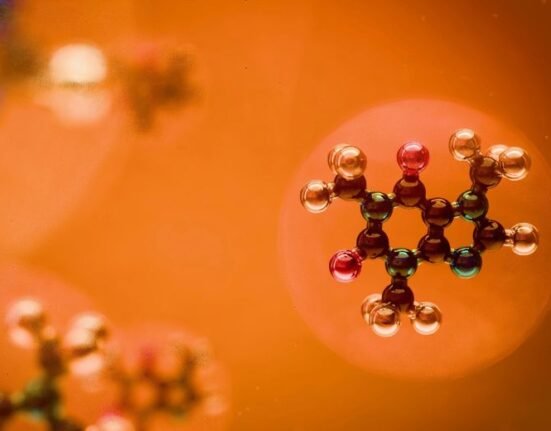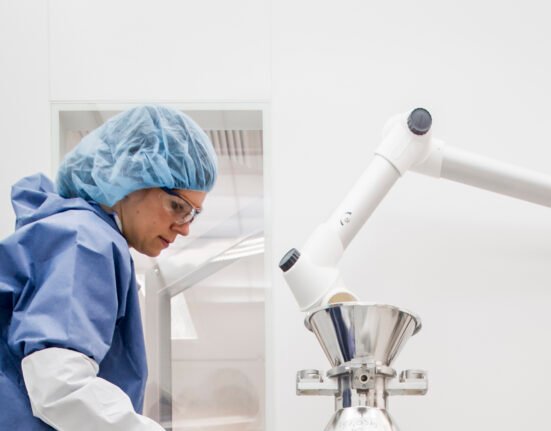HQ Team
April 4, 2025: Daiichi Sankyo and AstraZeneca’s treatment for breast cancer, Enhertu, has been approved as a monotherapy in the European Union, the companies announced.
The treatment is meant for adult patients with unresectable or metastatic hormone receptor (HR) positive, HER2 low, or HER2 ultra-low breast cancer who have received at least one endocrine therapy in the metastatic setting.
It also includes patients who are not considered suitable for endocrine therapy as the next line of treatment.
The antibody-drug conjugate was discovered by Daiichi Sankyo and is being jointly developed and commercialized by Daiichi Sankyo and AstraZeneca.
‘Most common’
The approval by the European Commission follows the positive opinion of the Committee for Medicinal Products for Human Use of the European Medicines Agency and is based on results from the end-stage trials.
Enhertu demonstrated a 38% reduction in the risk of disease progression or death versus chemotherapy in patients with chemotherapy-naïve HR-positive, HER2 low metastatic breast cancer, according to a Daiichi statement.
Median progression-free survival was 13.2 months in the treatment arm compared to 8.1 months in the chemotherapy group.
HR-positive and HER2-negative are the most common breast cancer subtypes, accounting for approximately 70% of all breast cancers. Despite being classified as HER2 negative, many of these tumours still have some level of HER2 expression.
Chemotherapy
Endocrine-based therapies are widely used in the early lines of treatment for HR-positive metastatic breast cancer, according to a Daiichi statement.
After endocrine-based therapy, some patients discontinue treatment, and others are treated with conventional chemotherapy which is associated with poor response rates and outcomes.
“This approval introduces a new treatment option for HR-positive metastatic breast cancers that express HER2,” said Giuseppe Curigliano, MD, PhD, Professor of Medical Oncology at the University of Milan and Principal Investigator of the trials.
During the trials the treatment “outperformed chemotherapy, providing progression-free survival of more than one year for patients with HR-positive, HER2 low or HER2 ultralow metastatic breast cancer, demonstrating the benefit of treating these patients with Enhertu instead of chemotherapy.”
‘Expanding use’
Ken Keller, Global Head of Oncology Business, and President and CEO of Daiichi Sankyo, Inc., said:
“Enhertu continues to evolve what is possible with breast cancer treatment, becoming the first HER2-directed medicine approved in the EU for patients with HR-positive metastatic breast cancer with HER2 low or HER2 ultralow expression following endocrine therapy.”
“Today’s approval expands the use of Enhertu to now include an earlier treatment setting of HER2 low metastatic breast cancer and broadens the patient population eligible for treatment to those with HER2 ultralow disease.”








